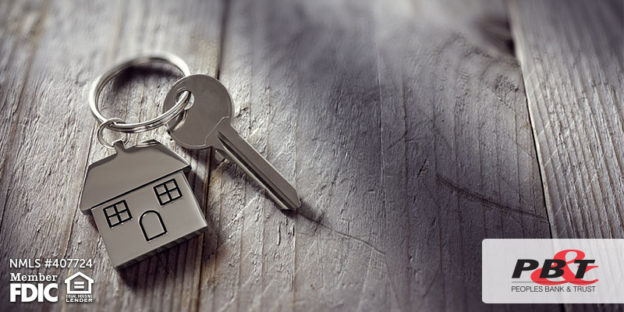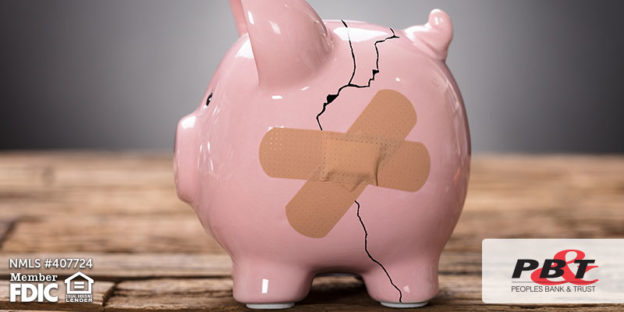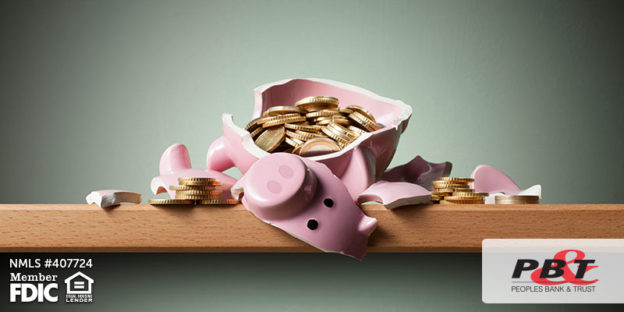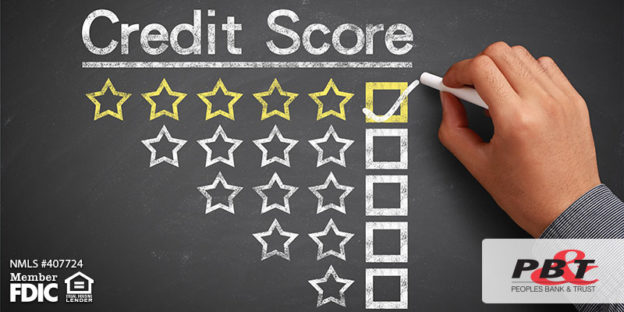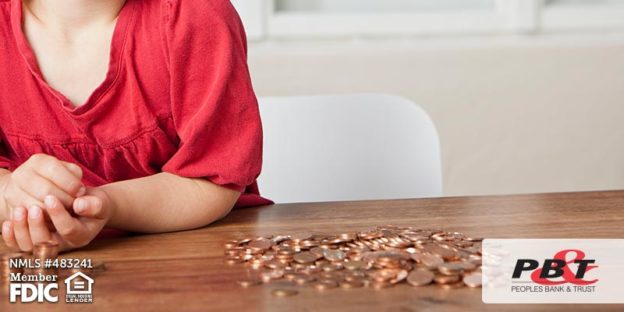A dream is just a dream until a plan is created and executed. It can be a challenge to know where to start, as some days the expenses seem to come in faster than you can keep up. It’s time to take a step back, think about what you want for your life and begin building that future today.
How to Set
You are probably familiar with the concept of goal setting in your everyday life. Often, they take on the form of dreams, like someday having a vacation home in Hawaii or being able to complete a half a marathon. It’s fantastic that you have these dreams and dare to imagine bold things for your life.
However, financial goals should be approached differently. This is why it is difficult for many people to ever achieve their goals, because they don’t know how to set them. A great place to start is taking the time to really think about what is most important to you. Where do you see yourself in five years based on the current financial decisions you are making? Are you happy with this? If not, why? What needs to change? You may want to sit with your partner as you both talk about your goals. You may be surprised at what they have to say and how it may spark ideas of your own! Some examples of other’s financial goals are: paying off credit card debt, starting an emergency fund or saving for a down payment on a vacation home.
How to Attain
If you haven’t heard of the acronym SMART, it’s time to apply it to your financial strategy.
S – Specific
Your financial goals need to be specific. What is it exactly you want? Instead of saying, “I want to be a better saver,” change it to, “I will be a better saver in the entertainment part of my budget. I will do this by…”
M – Measurable
Because we are dealing with numbers to begin with, your financial goal should be something that can be measured. This is so that you can tell how far or close you are to the mark. “I will increase our emergency savings by 10 percent.”
A – Achievable
Are your goals out of this world? That may be good for daydreams, but if you are wanting an action plan, it should be attainable. For example, saying that you hope to win the lottery by buying tickets isn’t exactly achievable. Have a goal that is within reach and motivating.
R – Relevant
Is the goal relevant to your life? Does it make sense? If your goal is to buy a luxury vehicle, but you still have many other debts, it may not be a good goal. If it isn’t relevant to your life at this time, it can be put on the back burner. It’s all about the climb.
T – Time Bound
Every goal needs a time stamp. If there isn’t, the goal will just be floating in your mind. This can make it less motivating to accomplish, ensuring that it will never get done. Have an end date in mind. Once this date comes, evaluate where you are and what you did well. Take the time to recognize what you can work on for the next goal. Keep building off of this until you get to where you want to be financially!
Once you start setting some financial goals, open an account with us to help you continue that success!
Peoples Bank & Trust Co.
Member FDIC
Equal Housing Lender



